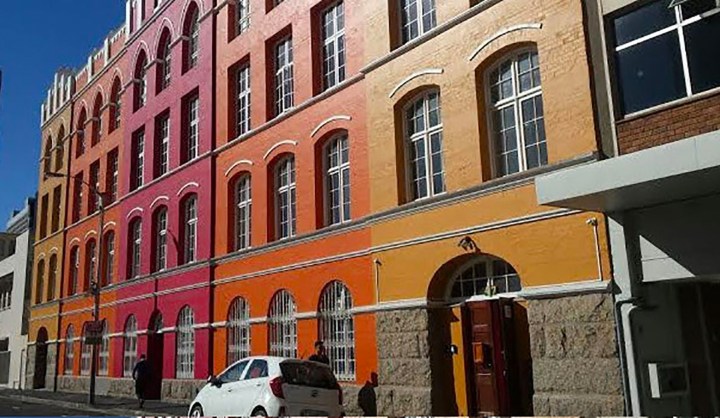GROUNDUP
Former Angolan refugees face uncertain future

They were expecting permanent residence, but they have been offered four years in South Africa instead. By Tariro Washinyira.
First published by GroundUp
The Scalabrini Centre in Cape Town is concerned by a Home Affairs decision to issue a non-renewable Angolan Special Permit (ASP) that expires in 2021. While welcoming the permit because it allows former Angolan refugees to work and study in South Africa, Scalabrini — which advocates for immigrant rights — has been negotiating permanent residence for the former refugees.
The organisation is now worried that the non-renewable aspect of the permit will mean that the path to permanent residence has been blocked. Holders of the new permit cannot apply for residency in South Africa and the conditions of the permit cannot be changed.
“We are relieved by [Home Affairs’s] decision to document this small, integrated and economically active group. However, the fact that the ASPs expire in 2021 creates great uncertainty regarding the future of this group of people, who have integrated economically and socially over the last 20 years in South Africa,” said a Scalabrini statement last week.
In October 2009, the United Nation High Commissioner for Refugees (UNHCR) proposed to end refugee status for Angolans who fled the civil war which ended in 2002. Following that recommendation, Home Affairs offered a special dispensation to Angolan nationals to regularise their stay in South Africa over a 14-week period which ended on 31 August 2013. Angolan refugees were then offered voluntary repatriation, but many, sometimes because they’d been living in the republic for decades and had no life in Angola to go back to, turned down this offer.
Scalabrini said that in 2017 it handed 160 lever-arch files to Home affairs documenting the lives of 1,757 Angolan applicants.
“In July 2017, the Minister of Home Affairs issued a decision to grant permanent residency to the majority of Angolan applicants. Home Affairs is now beginning to issue these applicants with ASPs,” said Scalabrini.
The implication is that people who were expecting permanent residence will now not be eligible.
GroundUp asked spokesperson for Home Affairs, Mayihlome Tshwete, about Scalabrini’s claim that Angolans were expecting to be able to become permanent residents. He responded:
“The department considered various options relevant to this category of Angolans who declined voluntary repatriation and instead opted to remain in South Africa and were issued with Angolan Cessation Permits for two years. The department approved in May 2017 that a Special Dispensation for Angolans with Cessation permits be implemented, similar to the ones granted to Zimbabweans and Basothos.”
Tshwete confirmed that the permits would be issued for four years and that they would not lead to permanent residence.
One Angolan in Cape Town told GroundUp:
“It is disheartening that the Minister of Home Affairs decided to issue us non-renewable temporary visas after all the trouble we went through to provide Home Affairs with proper documentation stating our reasons for wanting to remain permanently in the country. We are uncertain about the future and this is a difficult time for me as the head of the family. I have been here for 23 years and was only 15 when I left Angola after I lost my parents in the liberation struggle.
“I fled Angola through Namibia after the military came to my school and forced me and the other young boys to join the war. When I arrived here in South Africa I applied for asylum. After six months I got refugee status. In 2010 I set up a translation and transportation business. It would be difficult to uproot it now. My three children were born here; they can’t even speak my language. Going back doesn’t make any sense because I don’t have anything or home to go back to,” said the man.
“The issuing of Angolan Special permit is not good news for us. We are a vulnerable group facing persecution from our government because we did not take the 2013 voluntary repatriation offer. Our government will torture us for not co-operating with it to form an alliance. We will also be placed in camps after repatriation. Those who are integrated in the community are traced using the information obtained from the embassy that reviews the reasons for seeking asylum. It’s not safe to go back.”
The Angolan embassy did not respond to GroundUp’s request for comment. DM

















 Become an Insider
Become an Insider